L. Guillermo Woo-Mora

Economics PhD candidate at PSE
guillermo.woo-mora [at] psemail.eu Hosted on GitHub Pages — Theme by orderedlistLinks: Publications Working Papers Work in Progress
Publications
Unveiling the Cosmic Race: Skin Tone and Intergenerational Economic Disparities in Latin America and the Caribbean. Journal of Development Economics, February 2026, Volume 179, 103594.
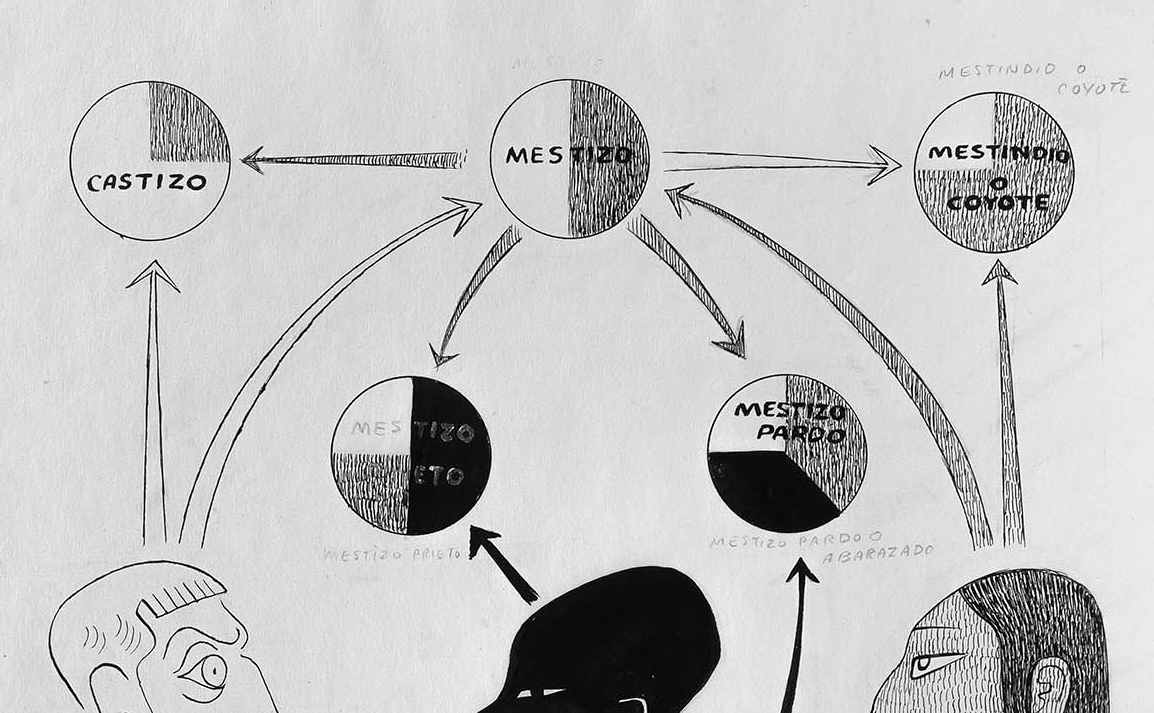
Image credit: Diagrama de castas - Miguel Covarrubias, Ilustraciones para el libro Historia del Pueblo Mexicano (circa 1950)
Abstract
This paper examines how skin tone shapes intergenerational economic disparities across 25 Latin American and Caribbean countries. First, it analyzes the distribution of ethnoracial identities and skin tone, confirming Mestizo predominance and revealing how broad categories obscure substantial phenotypic diversity. Second, it documents non-linear gaps in income and education, with darker skin tones consistently linked to economic disadvantages. A variance decomposition shows that skin tone explains significant within-group variation, offering explanatory power beyond self-reported ethnoracial categories. Finally, using mothers' education as a benchmark, the study provides novel cross-country evidence on skin tone gaps in absolute educational intergenerational mobility, revealing barriers to upward mobility for darker-skinned individuals. Robustness checks with machine-assessed skin tone data from Mexico, incorporating additional parental and contextual controls, confirm these disparities. These findings underscore the need to account for phenotypic variation when studying economic inequality in Latin America.
[App: Skin tone plots] [LM Podcast (EN)] [LM Podcast (ES)] [Replication] [pdf]
Media: VoxDev (en), WIL Press release (en), BÚSQUEDA (es), Nexos (es).
Populism’s original sin: Short-term populist penalties and uncertainty traps. European Economic Review, February 2025, Volume 172, 104917.

Image credit: New York Times
Abstract
This paper investigates the immediate economic impacts of populist policies. In 2018, the Mexican president-elect held an unofficial referendum with less than 1% turnout to halt the construction of Mexico City’s New International Airport. I show the policy is plausibly a natural experiment with nationwide impacts, preceding other macroeconomic shocks and populist policies dismantling economic and institutional checks. Using the synthetic control method, I find a 3.3% to 4.5% GDP reduction one year post-cancellation. Consistent with the uncertainty trap framework, this decline is due to heightened economic uncertainty and a significant drop in investment, reinforcing each other and leading to a prolonged economic downturn. The results highlight how populist policies can impose immediate economic costs by creating uncertainty traps, even before implementing institutional changes.
Premio Manuel Espinosa Yglesias, First place – Centro de Estudios Espinosa Yglesias (CEEY) 2022
[App: Updated GDP Estimates] [Replication] [pdf]
Media: VoxEU (en), Nexos (es), El Universal (es), Este País (es), Arena Pública (es). Featured in Texcoco. La decisión del presidente by CEEY and Suerte o desastre by Isabella Cota.
Infrastructures of race? Colonial indigenous segregation and contemporary land values with Luis Baldomero-Quintana and Enrique de la Rosa-Ramos. Regional Science and Urban Economics, January 2025, Volume 110, 104065.

Image credit: Archivo General de la Nación: Molinos de azúcar, Tacubaya. Distrito Federal, 1587.
Abstract
We investigate the persistent impact of a colonial segregation policy on land values in modern Mexico City. During colonial times, Indigenous communities were confined, with varying degrees of success, to settlements known as pueblos de indios. Using historical records, we exploit quasi-random variation due to the pueblos’ catchment areas and use a Regression Discontinuity Design to estimate the causal effects of pueblos on land prices. We find a 5% land value penalty for areas affected by the colonial policy. The penalty is exacerbated for the pueblos formerly inhabited exclusively by Indigenous populations. Historical evidence and novel digitized maps reveal that these land value penalties have been driven over the past two centuries by low public goods provision, negative economic expectations, and the historical sorting of working-class individuals who built small housing structures that are second-nature factors. Moreover, in contemporary data, we observe discontinuities in housing overcrowding and public goods quality within the pueblos’ catchment areas. Our results underscore the repercussions of colonial policies on contemporary spatial equilibria, clarifying the mechanisms driving historical persistence and offering implications for urban policies.
Sir Alec Cairncross Prize, Runner Up – Scottish Econometric Society 2022
Arthur H. Cole Grant – Economic History Association
[Pueblos de Indios in CDMX] [Replication] [pdf]
Media: VoxDev (en), Broadstreet (en).
Working Papers
Moral Force, Contagious Force: Partisanship, Leadership, and Public Health Compliance during COVID-19 with María Montoya-Aguirre and Federico Daverio.
New draft now available!
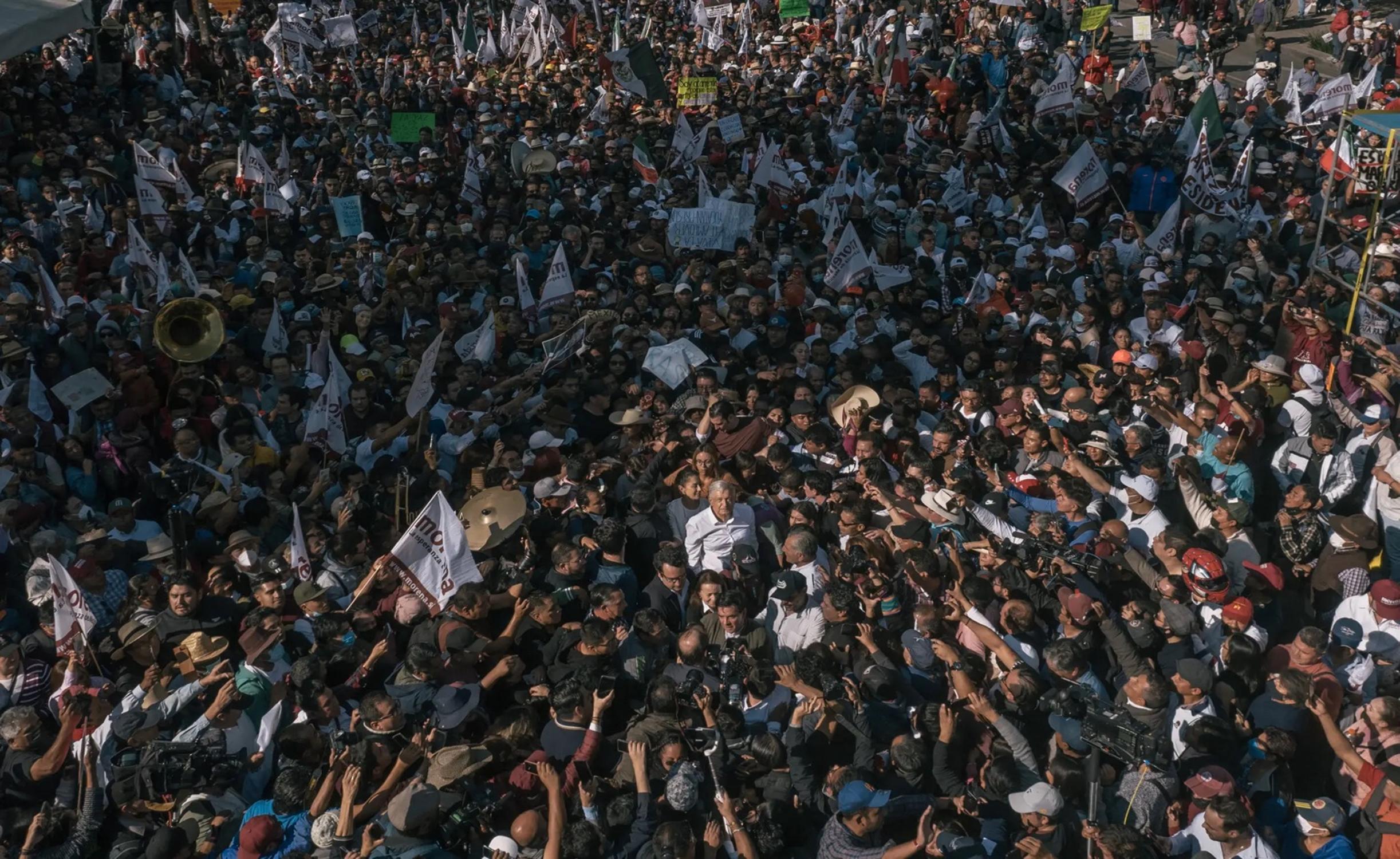
Image credit: Luis Antonio Rojas for The New York Times
Abstract
How does partisanship shape compliance with public health guidance and related health outcomes? During Mexico’s COVID-19 campaign, the president publicly undermined distancing measures even as his administration promoted them. Using precinct-level mobility data and a novel shift–share IV application, we show that support for the president’s party increased mobility within municipalities. We confirm these patterns across municipalities, where greater partisan support predicts higher infections and deaths. A calibrated epidemiological model attributes most of the infection gap to partisan behavior. The evidence supports a leader-driven mechanism in which elite cues, rather than fixed partisan traits, shape compliance during crises.
Premio Banamex de Economia 2024, Honorable mention
Skin Tone Penalties: Quasi-Experimental Evidence on Colorism in Football with Donia Kamel.
New draft now available!
 Image credit: Paul Ellis - Pool/Getty Images
Image credit: Paul Ellis - Pool/Getty Images
Abstract
We provide causal evidence of skin tone discrimination in professional football, where performance is directly observed. Using a computer-vision measure of skin tone and a Difference-in-Discontinuities design around near-miss goals, we show that Light-skinned players receive significantly larger boosts in post-match ratings than Tan- and Dark-skinned peers for identical actions. These disparities emerge in both algorithmic and human-assigned evaluations and are concentrated in the subjective component of ratings. Season-level analysis reveals that biased ratings translate into lower market valuations for darker-skinned players, despite equivalent output. Evaluative bias---rather than differential treatment in contracts---drives economic inequality in this high-information labor market.
Embracing modernity pays: Cadastre modernization effects on local property tax collection with María Montoya-Aguirre and Emmanuel Chávez.
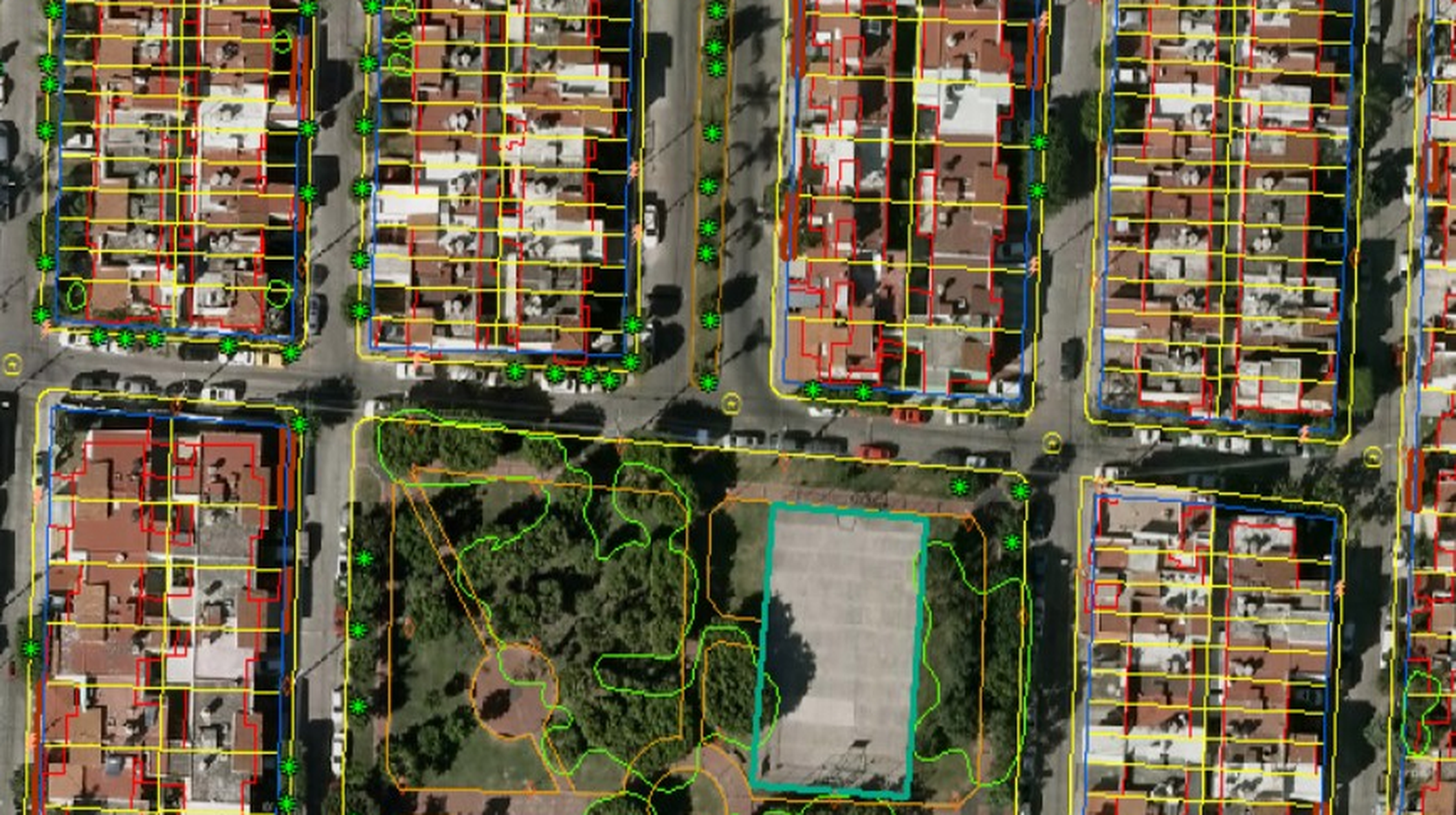 Image credit: SuperMap
Image credit: SuperMap
Abstract
This paper investigates the impact of the Mexican cadastre modernization program on local property tax revenue. We evaluate a comprehensive modernization initiative, which began in 2010 and included guidelines, technical assistance, and subsidies for local cadastres. Using panel data from 2000 to 2019 and a Difference-in-Differences approach, we find that municipalities adopting the program saw a 10% increase in property tax revenue within five years, rising to 30% after eight years. This effect varies significantly with local state capacity and the coordinating institution implementing the program. The program significantly enhances the state of local cadastres over the long-term. Municipalities that adopt the program are more likely to invest in staff training, implement comprehensive cadastral management systems, and digitize their registries. Our results highlight the importance of local capacities and coordination in realizing the benefits of decentralization and modernization policies.
Premio Víctor L. Urquidi, Honorable mention – Centro de Estudios Económicos, El Colegio de México
Research Grant: Descentralización y Capacidades Subnacionales en América Latina y el Caribe – CAF
Lifting Each Other Up: How Cooperative Firms Foster Local Development with Guillermo Woo-Gómez
New working paper!
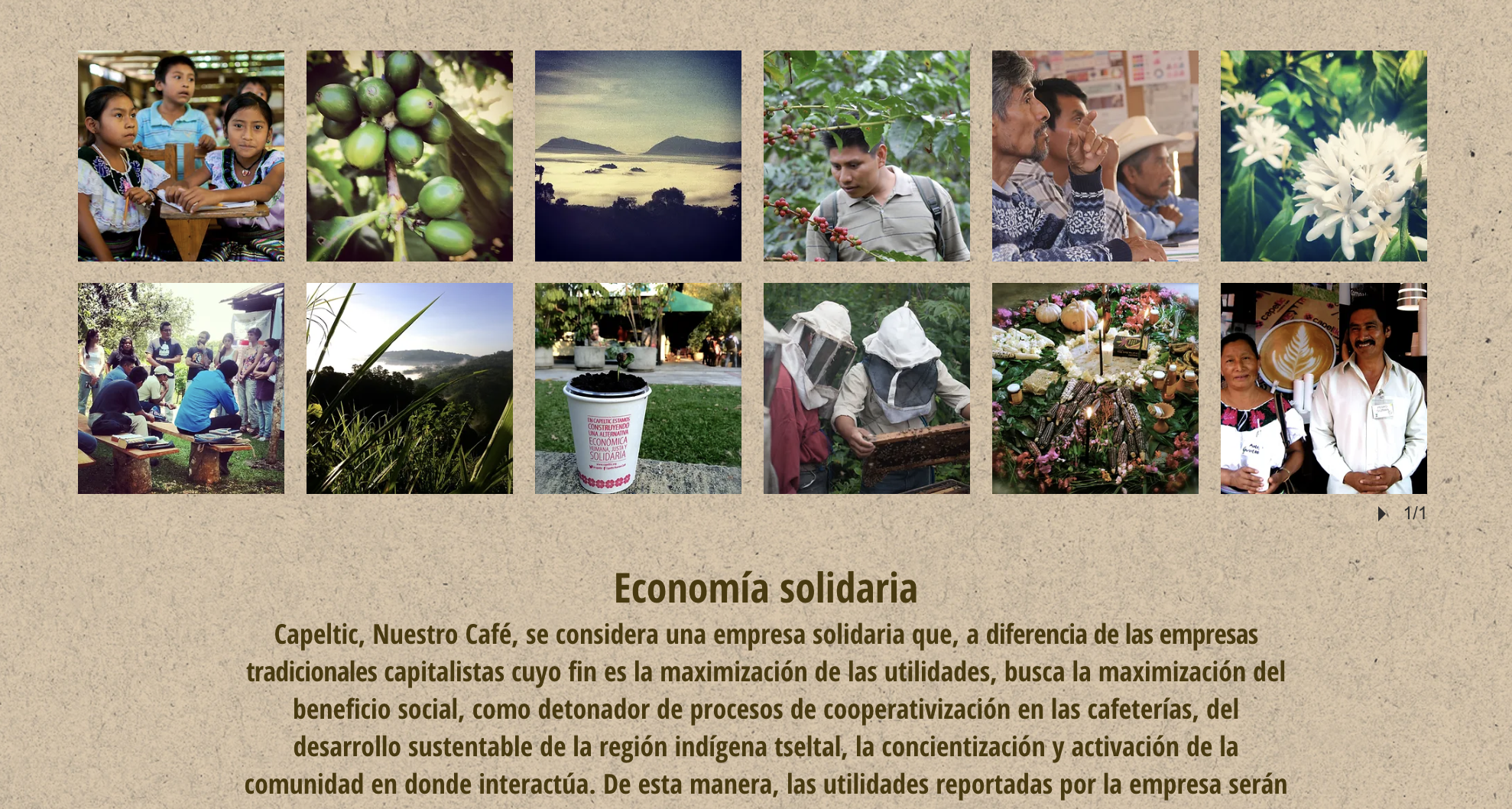 Image credit: Capeltic
Image credit: Capeltic
Abstract
Do cooperative firms foster local economic development? This paper examines Mexico, assembling a new georeferenced panel dataset at the 10 × 10 km grid-cell level for 2015–2023. Across multiple research designs, we consistently find that cooperative presence boosts local development, measured by nightlight intensity. An event-study design shows persistent extensivemargin gains of 6–8% within four years of entry. To address selection concerns, we implement a shift–share IV strategy based on endogenous lagged-cooperative presence and plausibly exogenous sectoral growth shocks; the results imply that one additional cooperative increases nightlight density by about 2.7%. Complementary census evidence links cooperatives to higher schooling, home asset ownership, and decrease migration pressures. We also document stronger effects in Indigenous communities, where cooperatives have longer survival spells. Aggregate patterns suggest that cooperatives increase agricultural specialization but with clear productivity gains, while redistributive effects raise local disposable income and decrease poverty. These findings provide novel causal evidence that cooperatives can function as engines of inclusive local development.
Research Grant: The Rural World in Latin America and the Caribbean – CAF
Work in Progress
Draft coming soon!
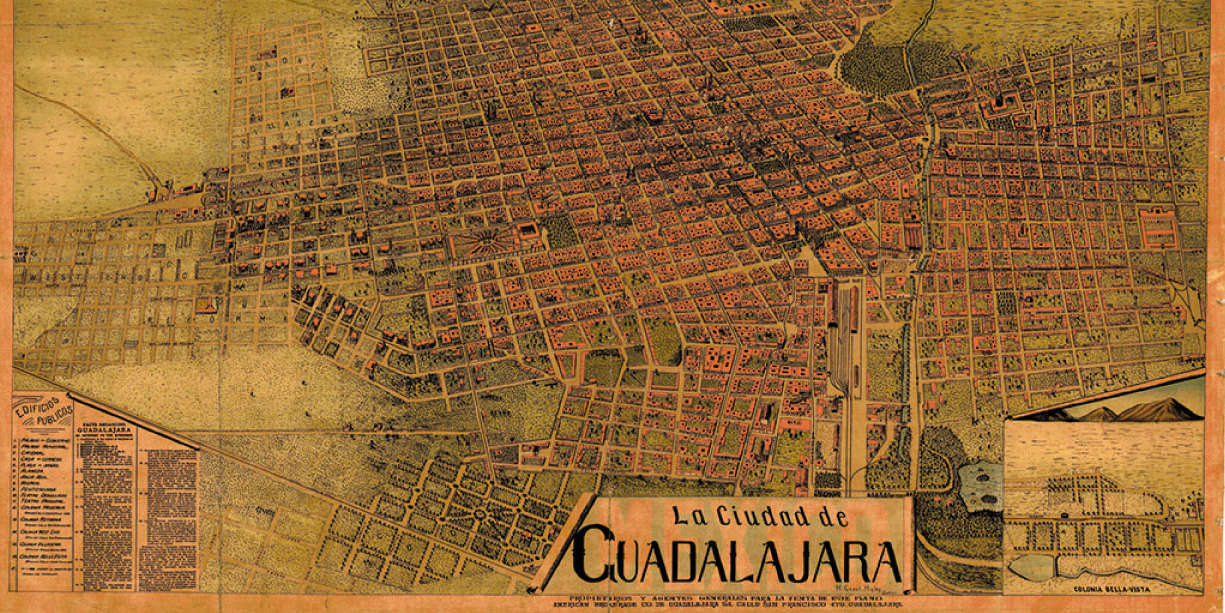
Reserach Grants: UNU-WIDER, CEPREMAP, PSE Stone Center
Honorific Mention Fernando Rosenzweig Prize Graduate Thesis – Mexican Economic History Association 2021
Best Graduate Thesis in Applied Economics – CIDE 2020
New Echoes of Deep Mexico? Indigenous Identity and Its Enduring Imprints with Pedro Torres López.
Draft coming soon!
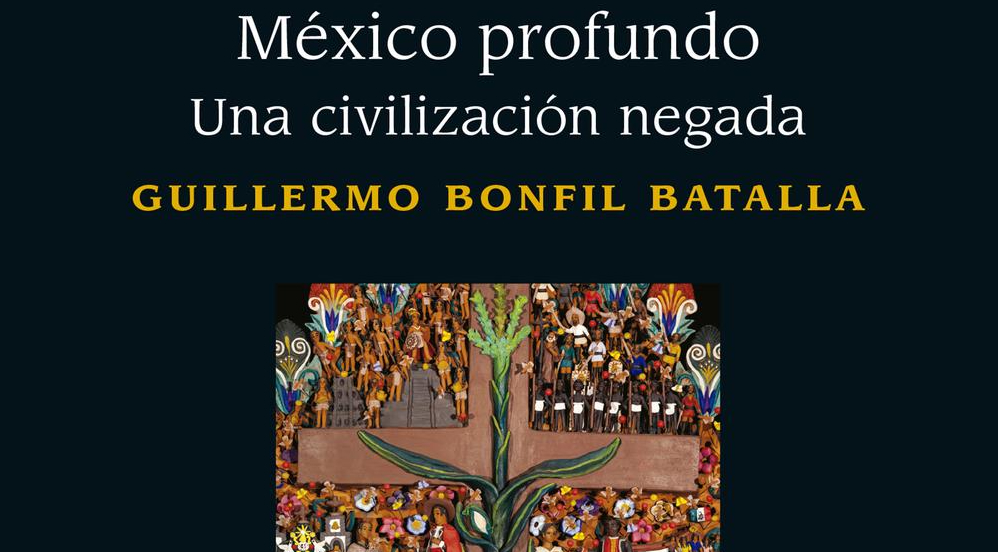
Chapter prepared for the second volume of the book “Roots of Underdevelopment: A New Economic (and Political) History of Latin America and the Caribbean” edited by Felipe Valencia Caicedo.
Resting Papers
Preferences for Redistribution in the Land of Inequalities: Experimental and Observational Evidence from Mexico
with Eva O. Arceo-Gómez and Hernán Bejarano
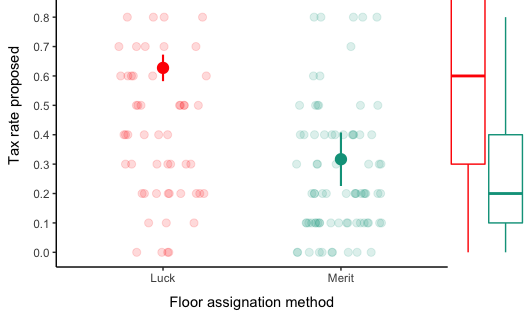
Citibanamex Economics Prize, First Place Undergraduate Thesis –- Citibanamex 2019